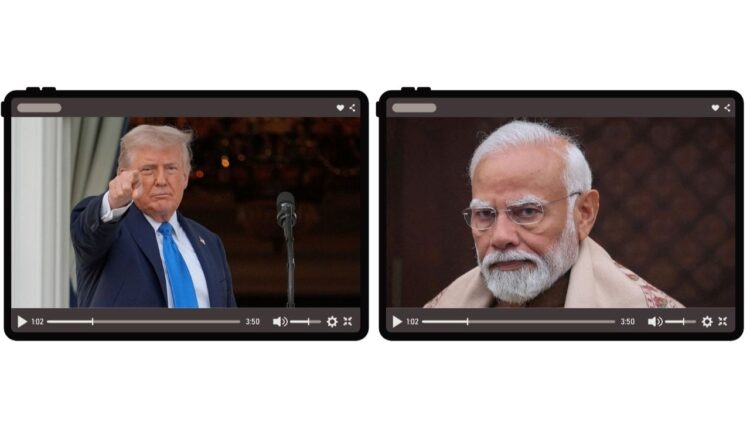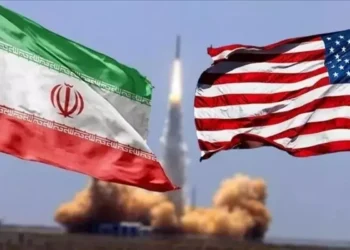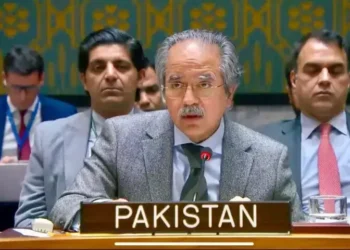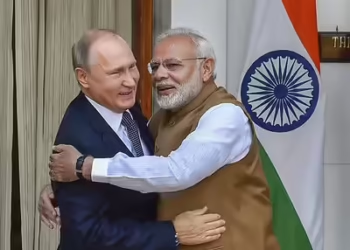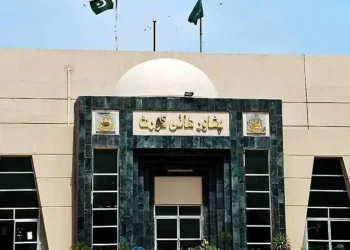WASHINGTON; U.S. President Donald Trump on Monday announced plans to significantly raise tariffs on India, criticizing New Delhi for its continued purchases of Russian oil and its alleged role in profiting from reselling it on global markets.
“India is buying massive amounts of Russian oil and selling much of it on the open market for big profits,” Trump wrote on his Truth Social account. “They don’t care how many people in Ukraine are being killed by the Russian War Machine. Because of this, I will be substantially raising the tariff paid by India to the USA.”
Although Trump did not specify the new tariff rate, his remarks followed an earlier statement where he vowed to impose a 25% tariff on Indian imports. He also hinted at additional unspecified penalties aimed at India’s trade practices and geopolitical alignments.
Over the weekend, Indian officials, speaking anonymously to Reuters, said that India would continue buying oil from Russia despite Trump’s threats. They emphasized that the purchases were made based on national interest and affordability, and dismissed the political pressure from Washington.
On Sunday, Trump’s senior adviser Stephen Miller echoed the president’s stance, accusing India of indirectly funding Russia’s war in Ukraine through energy trade. “India is nearly on par with China in buying Russian oil — that’s a shocking reality,” Miller said during an appearance on Fox News.
Tensions escalated further with Trump’s earlier social media post from July 31, where he bluntly stated, “I don’t care what India does with Russia. They can take their dead economies down together.” He also criticized India’s high tariffs, calling them among the worst in the world, and complained that the U.S. has done very little business with New Delhi.
This comes despite ongoing U.S.-India trade negotiations aimed at resolving long-standing issues. Analysts fear that Trump’s new tariff threats could derail recent progress and strain strategic ties between the two nations, especially as the U.S. seeks to use India as a counterbalance to China in the Indo-Pacific.
The Indian government has responded cautiously, stating it is reviewing the implications of Trump’s announcements and remains committed to pursuing a balanced and fair trade agreement.
Trump also cited India’s growing involvement with BRICS — a bloc he referred to as “anti-American” — as another reason for the proposed penalty. He previously threatened a 10% tariff on countries aligning with BRICS policies, further raising concerns about a potential diplomatic rift.




















































